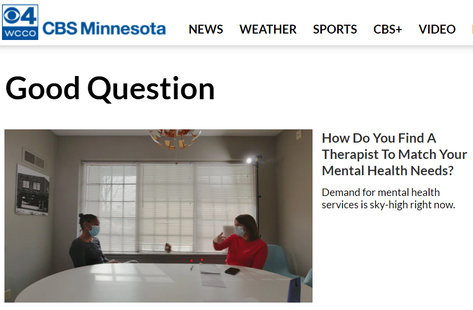|
The Mission of the Minnesota Mental Health Community Foundation is to support and promote access, outreach, and education about Mental Health treatment and systems of care.
Community Resources FastTrackerMN.org Scholarships The “Minnesota Mental Health Community Foundation” has been in development since 2006. MPS members saw the need to support outreach activities with a permanent structure, so they worked with leadership and staff to form the Minnesota Psychiatric Information and Outreach Foundation in 2010. Since its inception, the foundation has strived to offer a community-wide infrastructure to support collaboration and innovation with projects that bring together disciplines, approaches and volunteers working together to impact mental health care in Minnesota. The original board included representation from psychiatry, nursing, social work and community volunteers. Today the foundation and its board offer leadership and support for the whole mental health community and we are actively working to expand the board to represent a cross-section of Minnesota’s mental health community. The Mission of the Minnesota Mental Health Community Foundation is to support and promote access outreach and education about Mental Health treatment and systems of care. |
|




